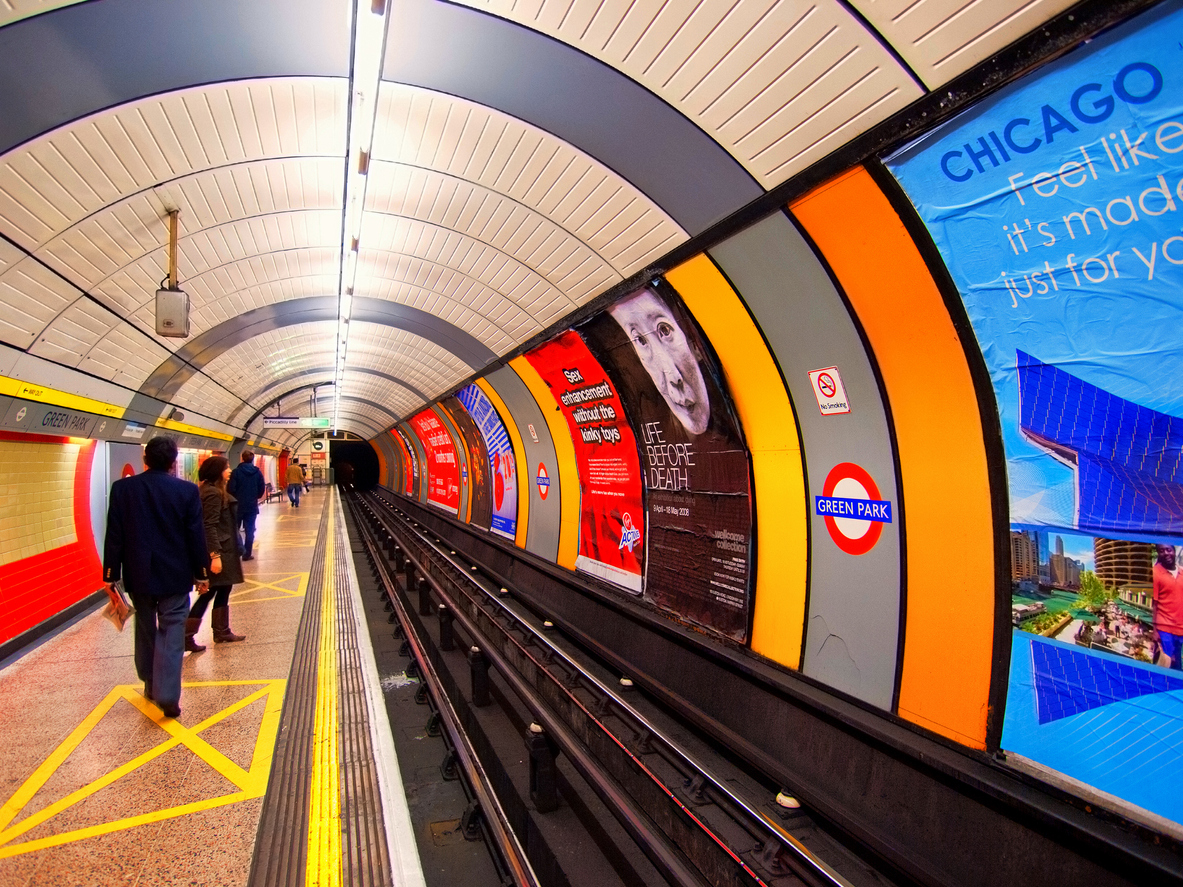Transport for London’s HFSS advertising ban has prevented almost 100,000 obesity cases, report says

Transport for London’s (TfL) junk food advertising ban has resulted in 94,867 fewer cases of obesity, 2,857 fewer of diabetes and 1,915 fewer of cardiovascular disease, according to a new study.
Researchers from the University of Sheffield and the London School of Hygiene and Tropical Medicine calculated that the decrease in illness could save the NHS £218 million over the lifetime of the current population.
Academics assessed the impact of the policy by seeing what consumers were purchasing in their weekly food shops via surveys, and comparing trends in London to a control group of households outside of London where no restrictions on advertising were in place.
TfL first implemented its advertising ban in 2019 to tackle the growing obesity epidemic in the UK. It is widely considered to be a success.
As well as the significant reduction in obesity and related illnesses, more generally researchers have found the advertising policy has contributed to a decrease in sales for HFSS foods.
As a result, travellers using the network consume 1,000 fewer calories from unhealthy foods every week.
Dr Chloe Thomas, First Author of the study from the University of Sheffield’s School of Health and Related Research, said: “We all know how persuasive and powerful advertising can be in influencing what we buy – especially the food we eat.
“Our study has shown what an important tool advertising restrictions can be in order to help people lead healthier lives without costing them more money.”
Because of the persuasive nature of advertising, similar bans have been tabled elsewhere. As part of its HFSS legislation, much of which is currently postponed due to the cost-of-living crisis, the Government intends to implement a pre-watershed HFSS ad ban on television.
More than 80 local authorities across the UK are also considering the implementation of advertising bans like TfL’s. Professor Steve Cummins from the London School of Hygiene & Tropical Medicine is hopeful the results from this research will further push those in power towards definitive action.
He said: “This study provides further evidence of the effectiveness of advertising restrictions to help support decision-makers.
“In light of the government’s current delay in implementing obesity prevention policies outlined in the recent 2022 Health & Care Act, this is a policy that local authorities can deliver now without the need for national regulation in an effort to tackle obesity on a national scale.”
Learn from the experts about how to innovate within HFSS legislation without compromising on flavour in this on-demand Masterclass:








